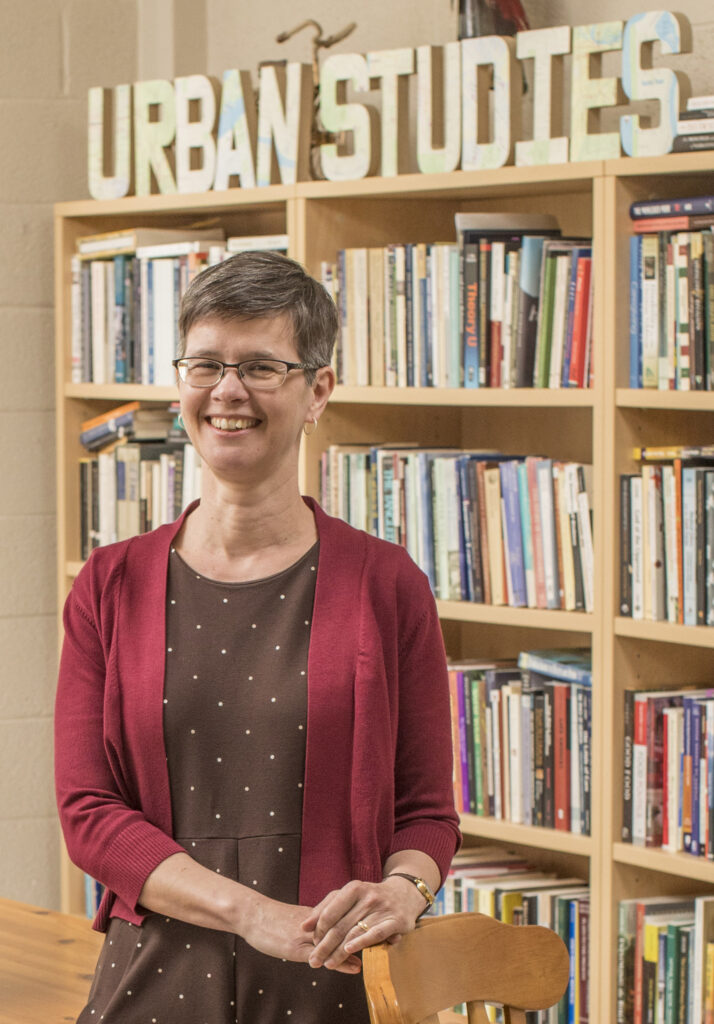Kendra Hotz, Rhodes College – Redlined Neighborhoods and Health Outcomes
 On Rhodes College Week: Social inequalities and health match up together on maps of Memphis.
On Rhodes College Week: Social inequalities and health match up together on maps of Memphis.
Kendra Hotz, associate professor of religious studies, looks into why.
Kendra Hotz is an Associate Professor of Religious Studies, Robert R. Waller Professor of Population Health and director of the Health Equity Program at Rhodes College. Dr. Hotz is the co-author of four books and a number of articles. Her research focuses on the relationship between religious belonging, social inequalities and heal.
Redlined Neighborhoods and Health Outcomes
Take a map of Memphis from the 1930s, when the federal government decided to sort neighborhoods, deciding which were ripe for investment and which should be left to decay. The practice was called redlining, and any redlined neighborhood became essentially ineligible for public or private investment.
As a matter of policy, Black neighborhoods were redlined regardless of how healthy or economically stable they were. Once property values were artificially deflated, you could buy up homes cheaply and knock them down to build highways or wait a generation or two and encourage young, white buyers to move in and gentrify.
Take that map and overlay it with one that shows our hotspots for COVID-19, for asthma, hypertension, or infant mortality today. Take those maps and overlay them with environmental hazards and food deserts. They’re all the same map. A perfect match.
Why? Because health and disease are caused by unjust social forces to a much greater degree than they are by personal choice or by access to health care. Poverty gets under the skin and racism makes us sick. They wear away our immune system, leaving us vulnerable to infectious diseases. And they push us into a fight-or-flight mode that changes resting heart rates and levels of inflammation, directly causing all those diseases we see on the map. We can measure the justice of a society in the bodies of its people.
The downstream effects of injustice are still borne in the bodies of Smokey City/Klondike, Nutbush, and Orange Mound residents. The work of building health equity, then, will have to move beyond the walls of medical clinics and into the realms of education, transportation, and housing policy.


